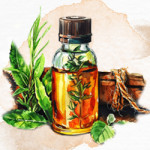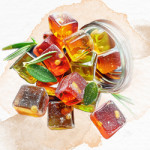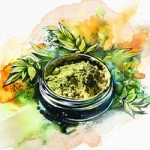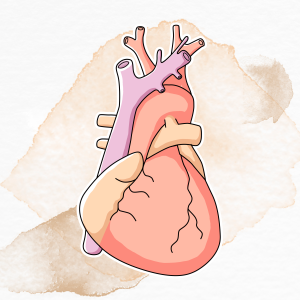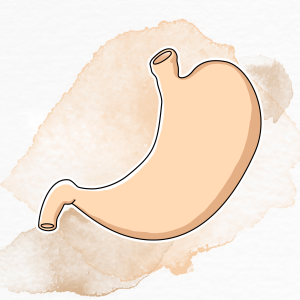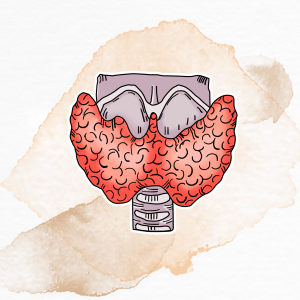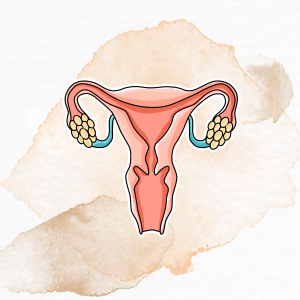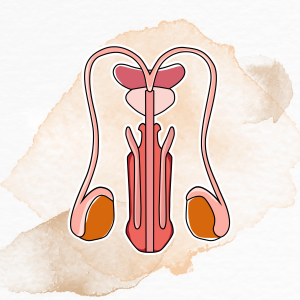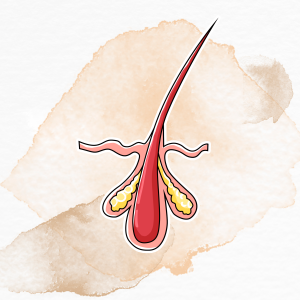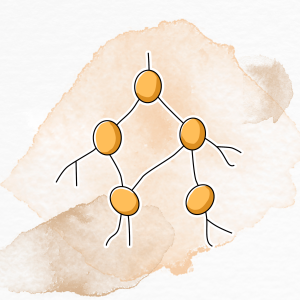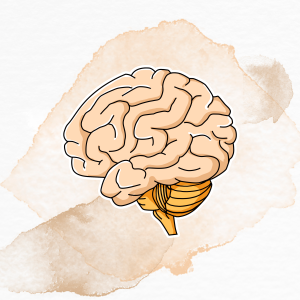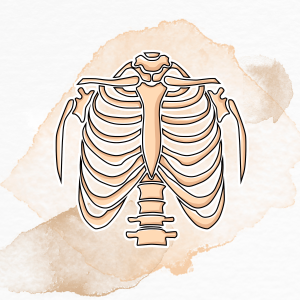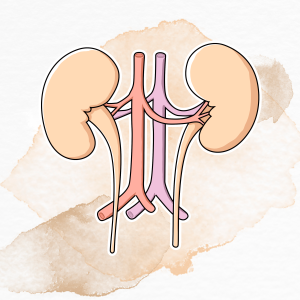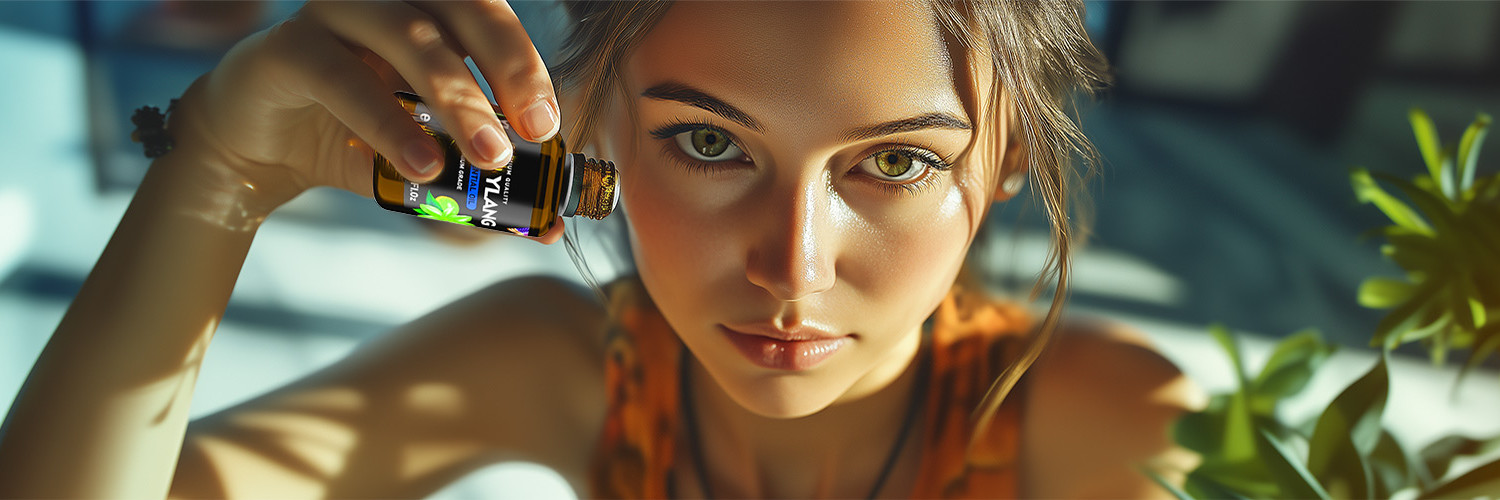
Essential oils are highly concentrated volatile compounds extracted from whole plants or specific plant parts (sources can include wood resins, flowers, citrus peels, seeds, herbs, etc.). Often, hundreds of kilograms of plant material must be loaded into a distiller to produce just half a liter of essential oil. For example, it takes about 50 rose blossoms to yield a single drop of rose oil, and nearly a ton of plant material to produce about a liter of cypress tree oil.
At such concentrations, a few drops diluted in a glass of water can be equivalent to a cup of tea made from an entire packet of dried herbs. Would you drink 30 cups of chamomile tea a day? Of course not! So why consume essential oils in such concentrated forms?
Money, money, and more money
Who gives such advice about ingesting essential oils? Your personal aromatherapist or a dilettante (famous blogger, YouTuber, or your good friend) who sells these very oils, perhaps? You've probably guessed the hint. Yes, essential oils can be used to support well-being. For this, it's sufficient to add a few drops to a vessel with hot water and inhale the steam, or dilute a few drops in a base vegetable oil (jojoba, coconut, olive) and apply this mixture to the skin. But what about ingesting essential oils? Why do this at all?
The MLM Trap and Misleading Marketing
It's important to highlight that even some "well-known and reputable" essential oil producers and sellers recommend their products for internal use, culinary applications, and more. These recommendations are often driven by profit motives rather than health concerns.
This practice is particularly prevalent among companies that promote their products through Multi-Level Marketing (MLM) schemes. If someone offers to sell you essential oils through personal connections, or if you encounter sales pitches from supposedly "famous" bloggers or other distributors, it's likely part of an MLM network.
The primary goal of MLM distributors is to sell as much product as possible, meet quotas, and advance to new "levels" where they can obtain lower prices and increase their profits. In their pursuit of sales, they may disregard safety concerns and ethical considerations, as they often bear no responsibility for the consequences of misuse.
It's advisable to avoid purchasing oils distributed through such dubious schemes. Regardless of how impressive the brand names may sound, remember that it's ultimately just advertising. These MLM networks often operate like cults, with profit as their sole religion and objective.
When considering essential oils, prioritize products from reputable sources that prioritize safety and proper usage guidelines. Be wary of extravagant claims and always consult with qualified aromatherapists or healthcare professionals before incorporating essential oils into your wellness routine, especially for internal use.
Your health and safety should always take precedence over marketing hype and profit-driven recommendations. By staying informed and cautious, you can enjoy the benefits of essential oils without falling prey to potentially harmful practices.
Let's say you have a full 10 ml bottle of Eucalyptus essential oil at home. This bottle contains approximately 200 drops of essential oil. If stored in a cool, dark place, it will remain suitable for use for about three years. That's 60 drops per year. With these 60 drops, you could take an aromatherapy bath or massage monthly throughout the year.
Some sellers might recommend taking 2 or 3 drops of essential oils in a glass of your drinks daily for better effect. And that, as you can guess, might be pretty expensive for you and profitable for them.
But let's return to safety
Essential oils don't mix with water; a dispersant is needed. When oils are used for baths, they're first mixed with a surfactant so they don't float on the water's surface.
When you add a drop to a glass of water, it doesn't mix with the water like a drop of regular herbal tincture. It remains floating on the surface, and that's how you ingest it. The first thing you might encounter in such cases is irritation in the mouth and throat. Such a concentrate can damage tissues, and you'll feel these burns more often when swallowing. After some time, you might start feeling discomfort when eating. If you ingest essential oil for an extended period, you risk developing an allergy to any of its components, and as soon as you come into contact with this ingredient (not necessarily in the oil), you may develop a rash or a migraine. Not a very good prospect, is it?
Is there a safe way to take essential oils orally?
The key lies in taking essential oils in a form that allows them to safely enter the digestive system, from which beneficial substances can be absorbed into the bloodstream. Experienced aromatherapists who have undergone appropriate training can help with this selection. However, several factors must be considered in this matter - metabolism rate, contraindications, risk of allergic reactions, and the nature of the disease. Essential oils are not used as multivitamins to be taken daily; instead, these oils are taken internally in exceptional cases, and strictly as prescribed by a healthcare professional. For example, they are used in situations where it's not possible to cure antibiotic-resistant infections by other means.
Some essential oils can also be safely used in cooking when preparing various dishes. Ampext offers a wide range of sweet and spicy oils for making delicious meals and beverages. If you want to add a touch of freshness to water or a morning smoothie, choose citrus oils. And if you want to give your dishes the aroma of fresh herbs, add a drop of Basil or Cilantro to your homemade dishes, which the whole family will surely enjoy.
It's important to remember that essential oils are very concentrated, and they should be used with caution to avoid overpowering the dish with excessive aroma. Before using essential oils in cooking, you should study the precautions and recommendations for using oils. Not all essential oils are intended for internal use, so some of them should not be added to dishes.
Here is a list of single-component essential oils not intended for internal use:
- Thuja (Arborvitae) oil
- Artemisia (Wormwood) oil
- Wintergreen oil
- Eucalyptus oil
- Tea Tree oil
- Clove oil
- Juniper oil
- Coriander oil
- Camphor oil
- Sage oil
- Hyssop oil
- Thyme oil
- Rosemary oil
- Parsley oil
- Black Spruce oil
- Douglas Fir oil
- Rose oil
- Spikenard oil
- Citronella oil
- Cypress oil
- Cedarwood oil
Please note that this list may still not cover all essential oils that should not be ingested. Always consult a qualified specialist before using essential oils internally.
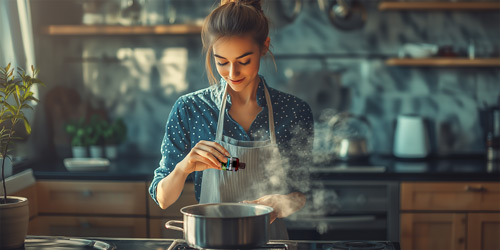
How to determine how much oil to add to a dish?
When using essential oils in cooking, several factors need to be considered. The amount of essential oil added to a dish depends on the properties of the specific oil, your taste preferences, the ingredients used (raw, fresh, or dried) being replaced by the oil, the volume of the dish, and many other factors.
For example, if you are making a large pot of soup, it's better to add one drop of oil. But if the oil has an especially strong flavor, even one drop may be too much. When preparing small portions, such as salad dressings, sauces, or dips, one drop of oil can also overpower the dish's flavor. So how do you know how much oil to add? Below are some recommendations.
The Toothpick Method It's best to start using essential oils in cooking in small amounts. Follow the toothpick method: dip the tip of a toothpick into the bottle of essential oil, then stir it into the dough, marinade, soup, sauce, or any other mixture. This is a simple way to add the right amount of oil.
When using essential oils with a mild composition or for preparing large quantities of food, you can even add a whole drop. To avoid adding too much oil, it's better to use a pipette or first drop the oil onto a spoon, and then into your dish.
When heated, most of the essential oil evaporates. Therefore, when baking or cooking over high heat, you can add a few drops to preserve the aroma. This may also be necessary when preparing large quantities of food. It's best to first add one drop, then taste the dish and add more if needed.
Is there an alternative?
If after reading this information you seriously doubt the advisability of ingesting essential oils, you'll be glad to know that there are indeed safer and more effective alternatives. Instead of essential oils for internal use, herbal tinctures made with alcohol or glycerites made with glycerin should be used. These are effective and safe methods for utilizing plants for internal applications.
Herbal Tinctures and Glycerites: A Safer Alternative
Herbal tinctures are concentrated alcohol-based liquid extracts of herbs. The alcohol acts as a solvent, extracting the active compounds from the plants. Tinctures have several advantages:
- Long shelf life (often 3-5+ years)
- Rapid absorption in the body
- Easy to dose with a dropper
- Concentrate the medicinal properties of herbs
Glycerites are similar to tinctures but use vegetable glycerin instead of alcohol. They're an excellent option for those who avoid alcohol or for use with children. Glycerites are:
- Alcohol-free
- Sweet-tasting, making them more palatable
- Gentle on the digestive system
Both tinctures and glycerites offer a way to harness the beneficial properties of plants in a form that's safe for internal use. Unlike essential oils, which are highly concentrated and can be harsh on the digestive system, tinctures and glycerites provide a more balanced and gentle approach to herbal medicine.
When using herbal preparations, it's always advisable to consult with a qualified herbalist or healthcare practitioner. They can guide you on appropriate dosages and potential interactions with medications.
Remember, you can also enjoy the benefits of herbs through simple methods like herbal teas or adding fresh herbs to your diet. These natural alternatives offer a safe and effective way to incorporate the healing power of plants into your daily routine without the risks associated with ingesting essential oils.

